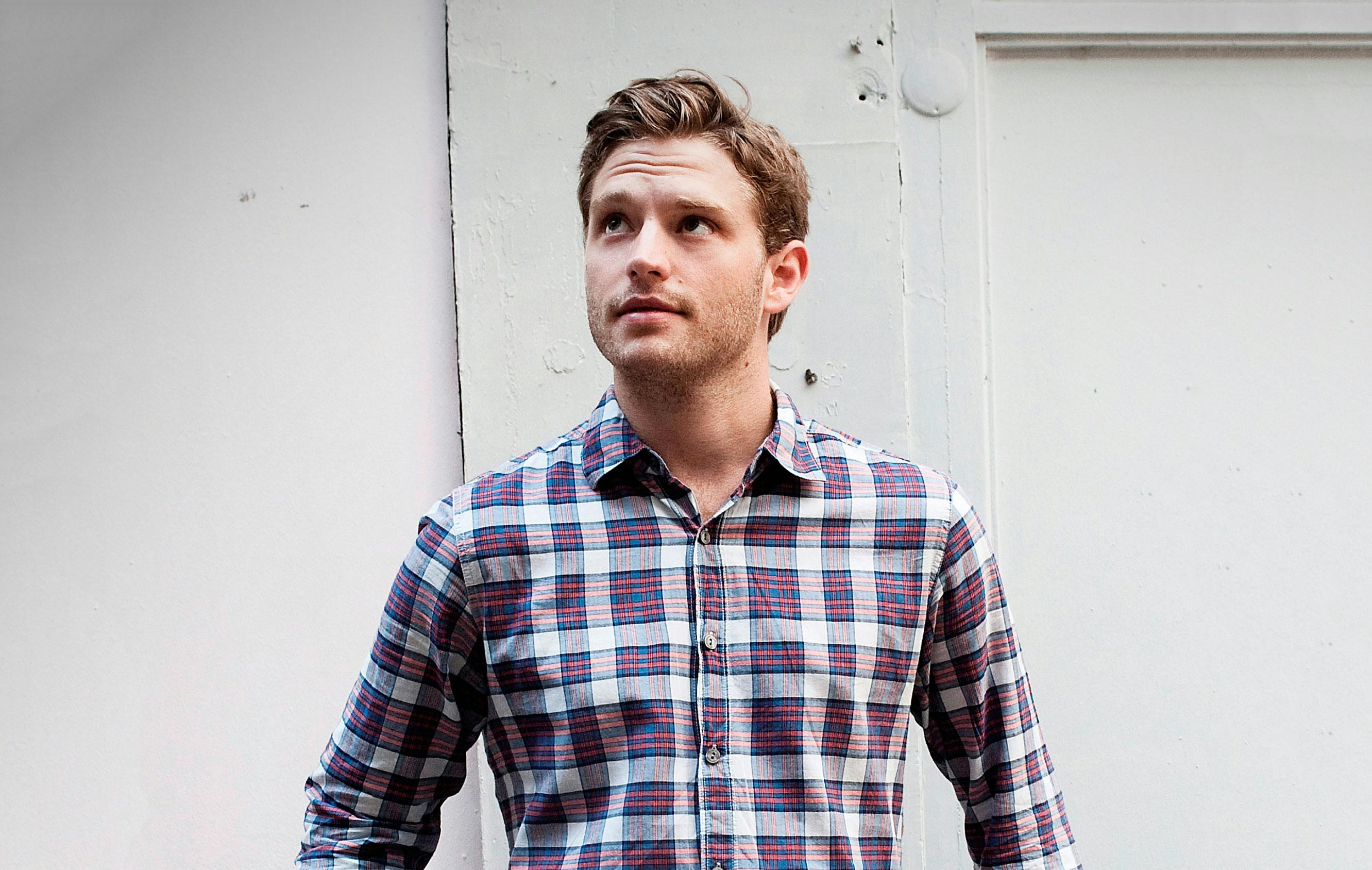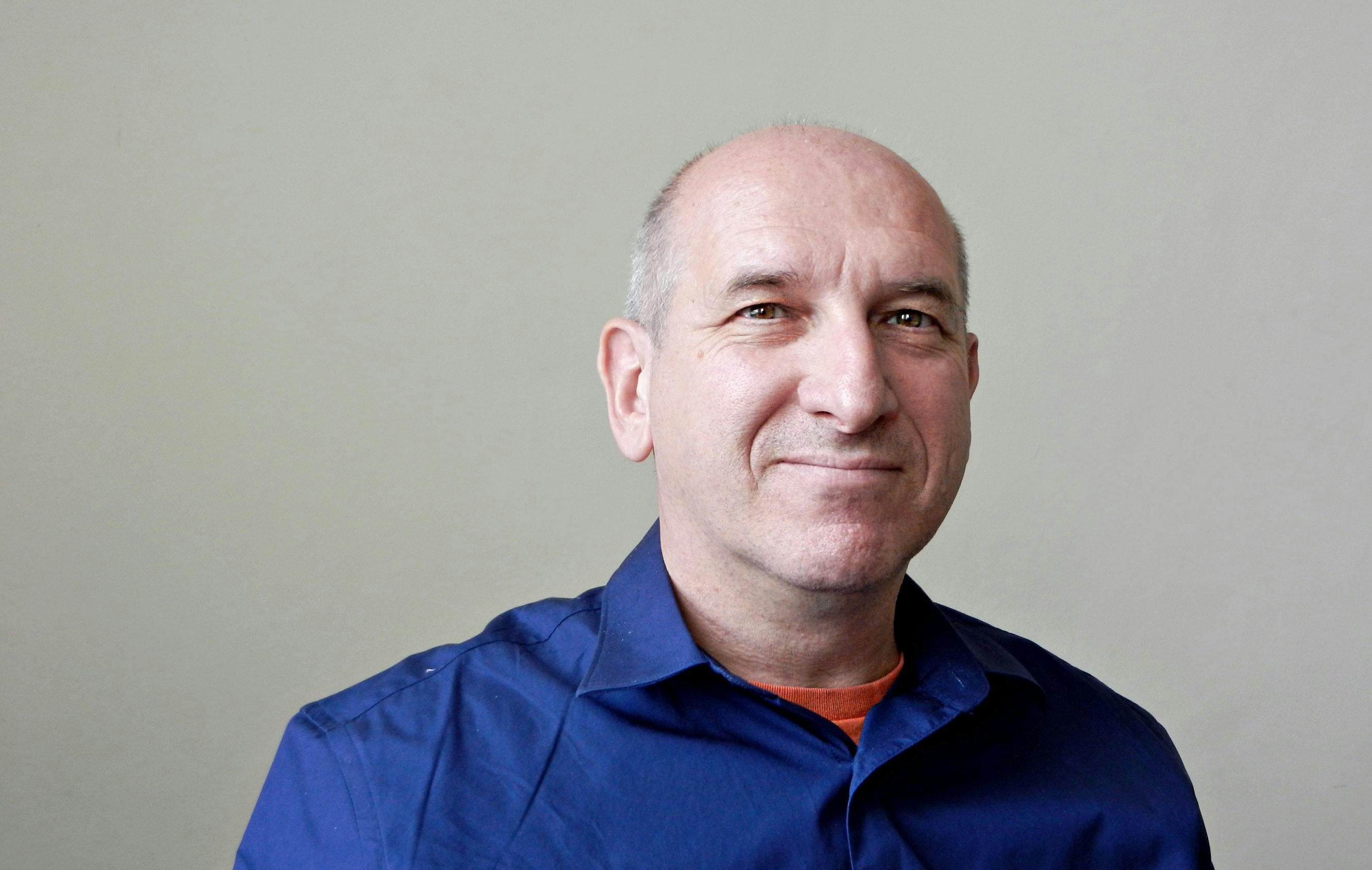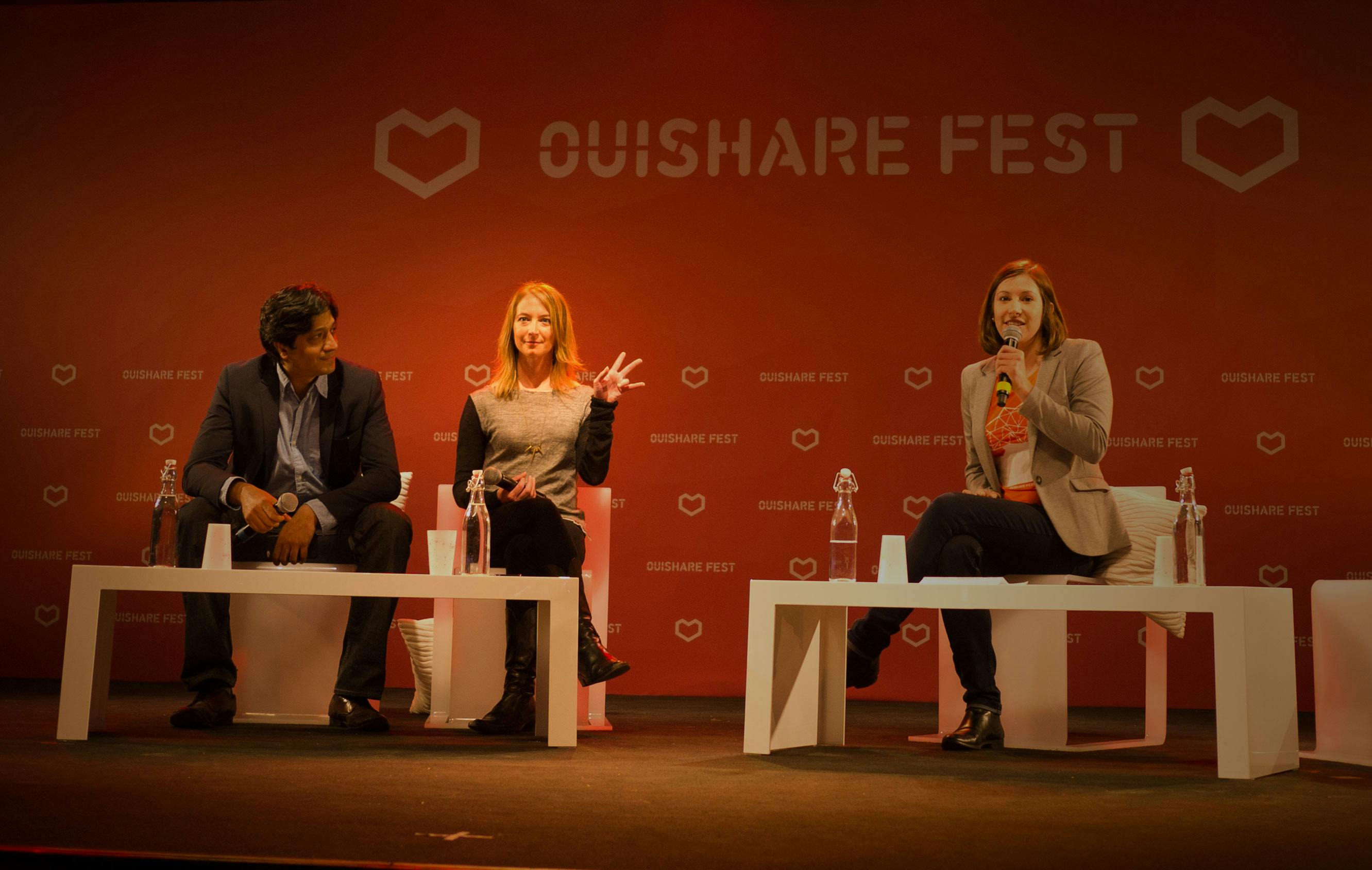Evolve with the community – An interview with Antonin Léonard
A community is built through offline interaction and online experience.
Published on
Last updated on

Inspiration and insights from global marketplace experts and thought leaders.
A community is built through offline interaction and online experience.
So says Antonin Léonard, co-founder of OuiShare.
– Pick the niche you use—the one you love.
Léonard advises entrepreneurs to find a marketplace idea that is relevant for themselves, not just copying what is relevant for others.
– Every marketplace is different. Every sector is different. Do not just try to replicate what others have already done.
If you are not a frequent user of your own service, you will probably not have the motivation required to make the marketplace successful. You need to have a genuine passion for your users.
– You will likely not target the early adopters the same way you target the mainstream. You need to understand your first users and be able to evolve with your community.
Among the most successful sharing economy entrepreneurs, Léonard points out designers.
– In the end, design means empathy towards your users. I think a designer is able to focus on user experience more than other entrepreneurs. They are able to envision a new way to get people to interact and exchange things.
Another common characteristic of successful marketplaces is consistency between internal and external culture.
– What Airbnb did really well was aligning the organisational culture and the community. The frontier between an employee and a member of the community is blurring. You want to make sure that the person working for your company is someone who can empower great culture outside.
According to Léonard, a sustainable community is first of all built through offline interactions.
– Spending meaningful time with your members and understanding what they want and need is the key to success. As an entrepreneur, you need to combine the ability to execute with the ability to be empathetic and listen to people.
Léonard used the same skill set to build the OuiShare community.
– When I first came to Paris, I wanted to meet like-minded people who envisioned a new mindset, and cared about the future of the world. I used Twitter to get in touch with people, and facilitated events where people could exchange thoughts. I had a lot of beers during that period.
Léonard wanted OuiShare to be owned by the people—literally.
– What we are trying to build with OuiShare is an autonomous organisation with distributed ownership. But we have observed that there are limited incentives for people to get involved. So far, it has been very complicated to make users own companies. The problem is that in the new digital world, you have to grow fast. To grow fast, you have to raise money. Thus, ownership will always be distributed between owners and investors.
Today, the legal structure and administration of co-operatives is also very rigid.
– Those who have started co-operatives seldom succeed. We need more flexible government structures that can be built through trust and new forms of legal contracts. I believe the solution lies in the blockchain. That is the future of autonomous organisations.
For an entrepreneur interested in building a market for the future, Léonard recommends looking at ways to decentralise resources.
– I would decentralise everything: energy, power, money. Blockchain is one way to do that. Another is a community with a strong culture.
Today, local OuiShare communities are discussing the future of the collaborative economy around the globe. While most of the communities are based in Europe, new branches have been established in American and Arab countries. Léonard believes some countries are more prone to embracing the sharing economy than others.
– There is something cultural about certain countries in Europe—like France, Spain and Germany—which makes them the right place to start a sharing economy marketplace. On the other hand, Europe is a very distributed market with lots of countries and languages. In the US, entrepreneurs see the market as global from day one. And there is more money available.
If you are a really ambitious entrepreneur, Léonard suggests eventually having two offices.
– One in Europe and one in Silicon Valley. Then you are good to go.
You might also like...

How to build your marketplace supply
How to bring in the first, quality providers before your platform has any customers.

Create commons – An interview with Michel Bauwens
Peer-to-peer sharing platforms should give more power to their community.

Understand your community – An interview with Jennifer Billock
Your marketplace needs to be tended like a garden.
Start your 14-day free trial
Create a marketplace today!
- Launch quickly, without coding
- Extend infinitely
- Scale to any size
No credit card required
